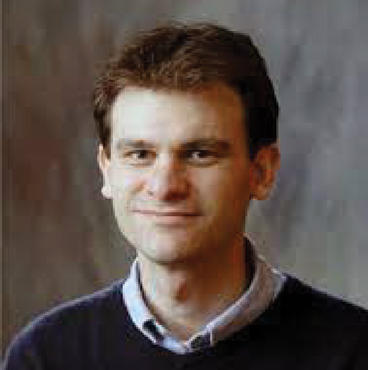Abstract
From the canonical work of Sobel & Crawford on cheap talk to the more recent framework of Bayesian Persuasion, the field of Information Economics (IE) has produced a number of valuable and insightful models and paradigms to explain and study the role of information and communication in decision-making and strategic interactions.
The fact that these models specifically account for intent of the various actors makes them well-suited to address the problem of production, diffusion and consumption of misinformation in social-media since, despite popular phrases such as "misinformation epidemics" and "online virality", these phenomena are driven as much by human choices and utilities as by contact between "infected" neighbors...
However, some of the main characteristics of these IE models also need to be modified and updated to better encapsulate facets of human engagement with information that are peculiar to online (fake) news. Notably, "persuasion" fundamentally assumes that the information receiver is Bayesian (in the sense that) and fully self-motivated, which appears at odds with the kind of attention-limited and/or motivated reasoning news consumer of online news identified in some recent large scale studies.
In this talk we present some such modifications (motivated by control, information and network theory) and uses of persuasion models in the context of (mis)information propagation, covering our recent work on almost-bayesianity, social-identity and interventions in strategic situations.
This is joint work with grad students Vijeth Hebbar, Olivier Massicot and So Sasaki.
Biography
Cedric Langbort is a Professor of Aerospace Engineering at the University of Illinois at Urbana–Champaign (UIUC), where he is also affiliated with the Decision & Control Group at the Coordinated Science Lab (CSL), and the department of Electrial and Computer Engineering (0% appointment). He works on applications of control, game, and optimization theory to a variety of fields. His and his advisees' work have garnered multiple recognitions such as a NSF CAREER Award, a Siebel Energy Institute Research Award, a IEEE CDC Best Student Paper Award and a NDSEG fellowship. Most recently, he has been leading a DoD MURI project on Information Exchange Network Dynamics funded by ARO, in which, along with psychologists, communication scientists and behavioral economists, he investigates the dynamics of (mis)information over networks.
